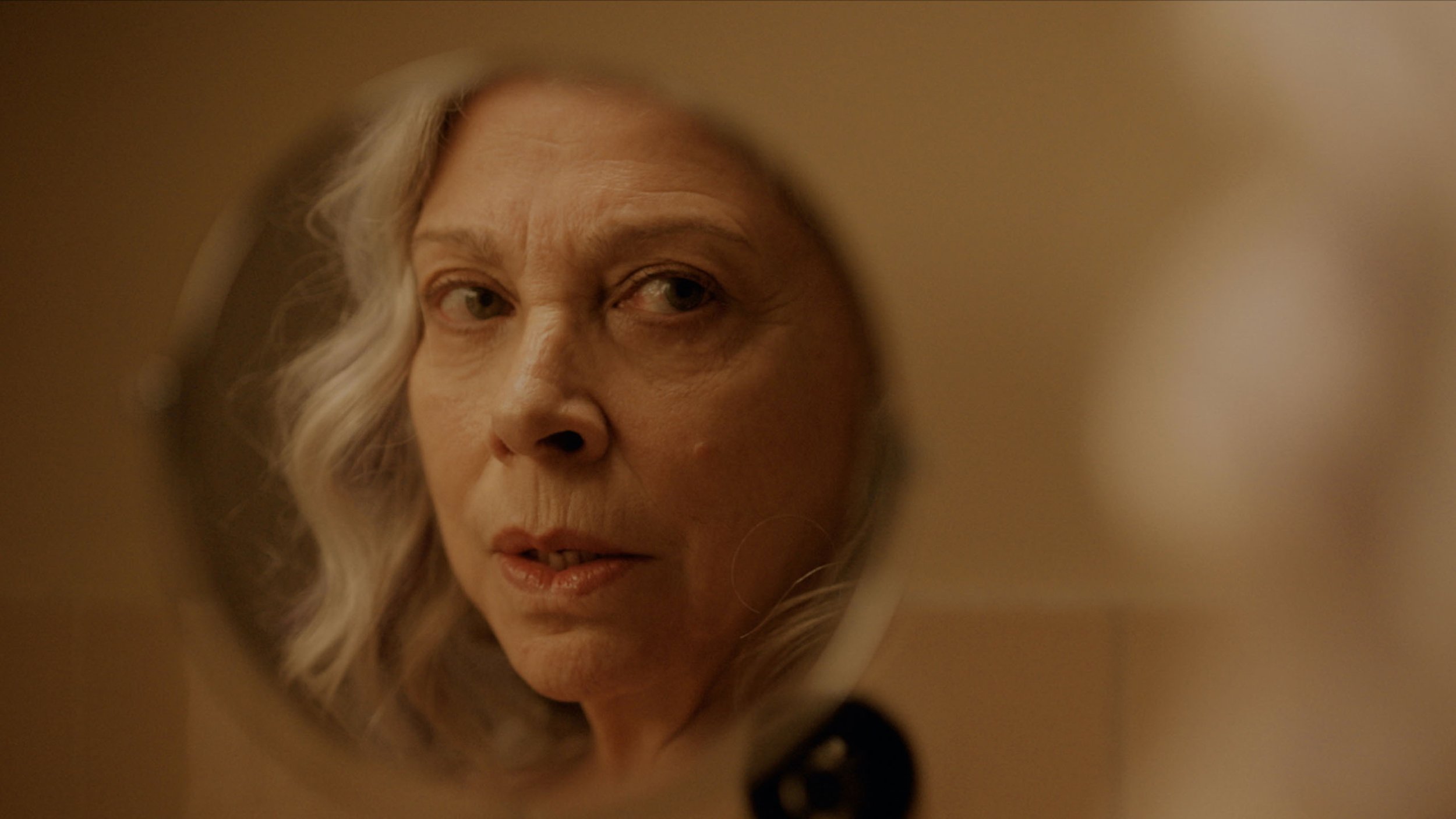Oppenheimer can be too much.
It is, of course, wildly interesting and exciting. It follows (i) a brilliant theoretical physicist (ii) as he’s recruited by his nation (iii) during wartime (iv) to lead a team of geniuses (v) who must ideate and construct the first ever atomic bomb—(vi) before the enemy does. If you aren’t intrigued by this set of facts, I don’t trust your judgment.
First-half scenes move with gusto, launching all this in our direction at the same time as they establish what sort of person this J. Robert Oppenheimer can be; perhaps just as likely to daydream about the quantum or learn another ancient language as he is, say, to sleep with your partner . . . And so, there’s a fair amount of instability in this (based on a true) story. Oh, and politics.
Looking? Seeing? Feeling?
For three straight hours the movie builds, exhaustingly, to two separate climaxes. Tension always as all actors involved nail their parts. Some scenes—heck, even some storylines—seem gratuitous, and the average scene-time feels maddeningly short. But in the end, it is an impressive and meaningful movie.
Forget the science the fidelity the bureaucracy; this one is about choice. When you have the brain you have; when you find yourself where you find yourself; what’ll you choose to do and who’ll you choose to surround yourself with?
And once you’ve made your decisions, will you choose differently next time? Will others even allow you to?
The whirring of life, or the dust of death?






















